It has to be said that O'Neill – Le Moussonneur was first born out of a strong curiosity about the coffee available around the world. Through his interest in exchanging with producers internationally, Richard O'Neill has carved out a place for himself in Rimouski in the field of roasting. A generous discussion with the two partners, Nathalie Gagnon and Richard O'Neill, allows you to convey, through these lines, their passion and their vision surrounding the effervescent market that is that of specialty coffee.
A curiosity that leads to a vocation
Richard O'Neill was already working in the field of distribution when, while studying the history of coffee, he discovered one that was extremely popular in India in the 1600s. This coffee traveled at the time by sailboats from India to England in six months. However, it lost its popularity, according to Richard O'Neill, with the arrival of motorboats and the opening of the Suez Canal. In the 1970s, India began using a new process for processing green coffee that monsoons with moisture from rainwater during the monsoon period: Malabar AA. However, its popularity does not seem to be so strong according to the writings.
In 2006, the founder went to the Magdalen Islands and, by chance, while flying over them, something clicked: what if it was the salt water that made the difference in terms of taste? A series of tests with different types of water followed and this was how his first coffee on the Islands was born in 2008.

The place was so popular that a second branch opened its doors in Rimouski in 2012. The latter is now the only one still operational for logistical reasons. Then, at the end of 2015, Nathalie and Richard joined forces to create the roasting workshop in the industrial district. This is where they receive the green coffees from different countries, pack and bag them. This is also where they fulfill orders from the online store and from existing customers.

Richard O'Neill, Founder
But what is a monsooned coffee from the Magdalen Islands?
A monsooned coffee from the Magdalen Islands comes from a process that comes as close as possible to what was created during the transport of coffee from India during the 1600s. specialty coffee, firstly so as not to distort these high quality coffees. However, I prefer to improve an unloved,” admits the founder. The latter is constantly in research and development; initially, the coffee was sprayed with salt water and then dried, a process totaling almost a month. Then, the method changed to soaking directly in seawater before drying the grains.

For several years, the Monsooner wanted to improve further on the quality of the seawater he used for his monsooning in order to eliminate certain constraints. These constraints, added to the complexity of traveling to the Islands during the pandemic and the concern to improve its annual production quality, the process is now done in the workshop with spring water from Quebec and coarse salt from the Islands. -de-la Madeleine. Through better quality control of the final product, the result is a product with better consistency.
Mutual assistance and accessibility at the center of the business model
The vocation of the café in downtown Rimouski is somewhat reformed: the employees are not only called upon to serve the coffee, but also to enable customers to reproduce the extraction methods at home. Moreover, accessibility is one of the founder's values, which have become corporate values. With the aim that Rimouski residents are proud to see specialty products from the region shine, the accessibility of coffees that are renowned and usually sold at extremely high prices is prioritized.

During his travels in the coffee plantations, some small producers can benefit from the advice of the founder to break into the North American market. In other places like Panama, it is rather Richard who learns.
This culture of sharing serves him very well, he who manages to get his hands on exceptional coffees available only in limited quantities. For example, it is the only one in Canada that has managed to source 15kg of a coffee of the botanical variety Gesha from Blue Mountain, produced in Jamaica. Also, he recently got his hands on 35kg of Gesha variety coffee from Colombia having won the 2019 Cup of Excellence and, again this year, the best coffee in Colombia.
Parcels victims of their effluvia
With the online store present since 2018, it is even more apparent that the clientele is multiplying by word of mouth. As the coffee is packaged within the first 72 hours and sent to the customer, it is not uncommon for new subscribers from the same building to order… An opportunistic way of doing scent marketing!
The taste of the coffee then ensures loyalty: some consumers admit that they no longer want to go back to their old brand. The demand even comes from the United States and Europe. At the provincial level, you can find Monssonneur coffees in hotels and coffee shops from Gaspésie to Outaouais, as well as in IGA grocery stores, under the “Curieux café” partnership.

Curious Cafe
Roasting Market Challenges
“Thirty years ago, in the coffee business, it was a bit discouraging, because the quality wasn't really there. It was not until the appearance of the third coffee wave, in 2004-2005, that specialty coffee micro-roasters were able to take off ”, expressed the founder.
However, misinformation circulates in the coffee market. For example, many micro-roasters brag about helping small coffee producers to do their marketing when it is often the opposite. The latter also say that they make purchases at the source, whereas this is true in a minority of cases. For the most part, it's the importers and not the micro-roasters that get all the credit.

In this sense, one of the challenges facing the company is to succeed in educating its customers by giving the right information on what they consume. The presence of false appearance among competitors is indeed a challenge for the consumer, but also for the organization, which must question itself on how to do its marketing while remaining faithful to its values. An additional challenge mentioned by the partner is one that often comes up in the food sector: the complexity of entering supermarkets against competitors who do not have the same expertise or the same quality of grains.
roasting projects
What the pandemic has also brought is to reprioritize the projects in progress. The two partners chose to accelerate the development of the brand image and products like the cold drip brew , gaining popularity. They will soon develop the brand image in English to further establish themselves in markets outside Quebec.
Consult their member profile to find out more and to follow them on social networks.

Reviewed by MF Editorial


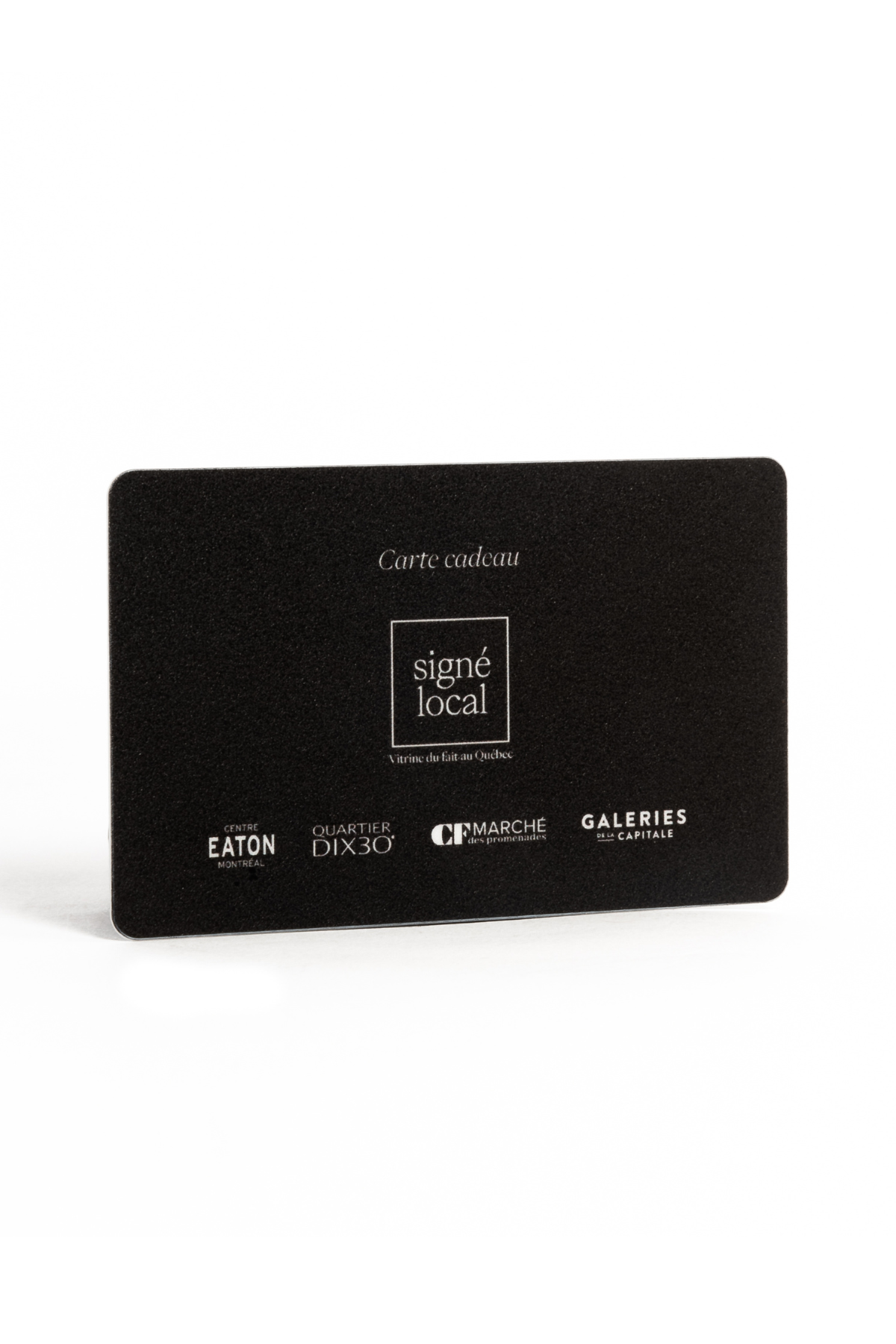

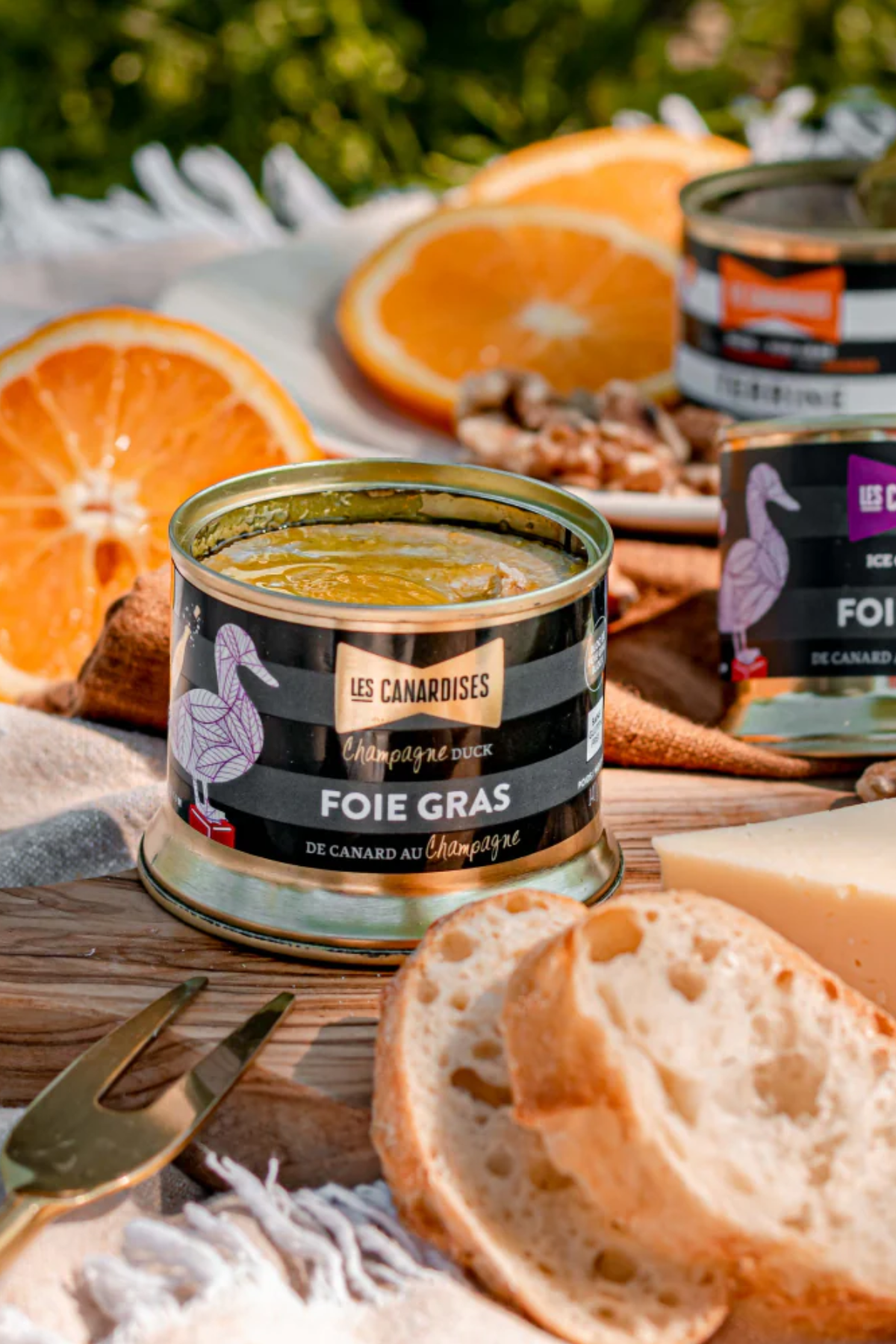

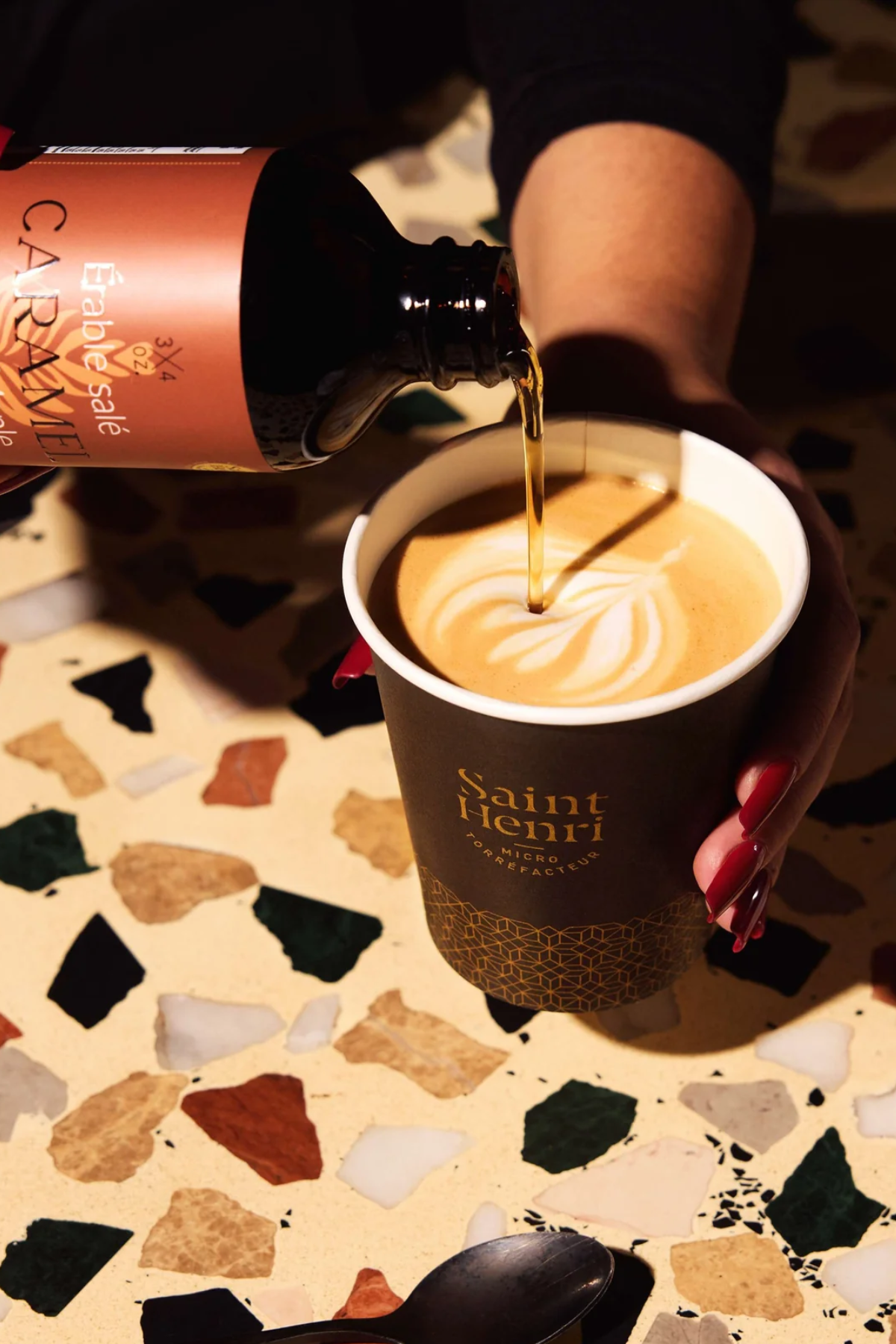

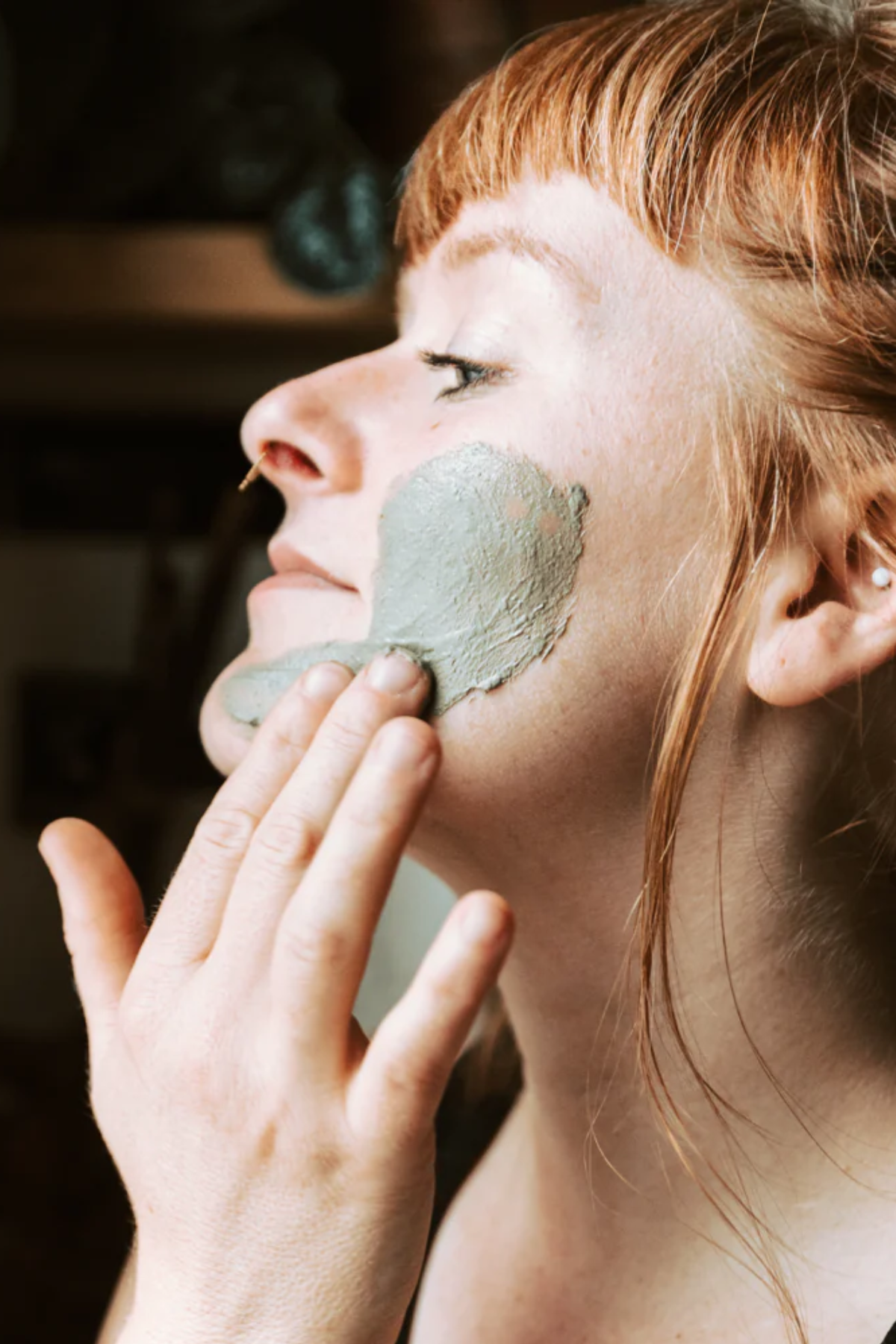
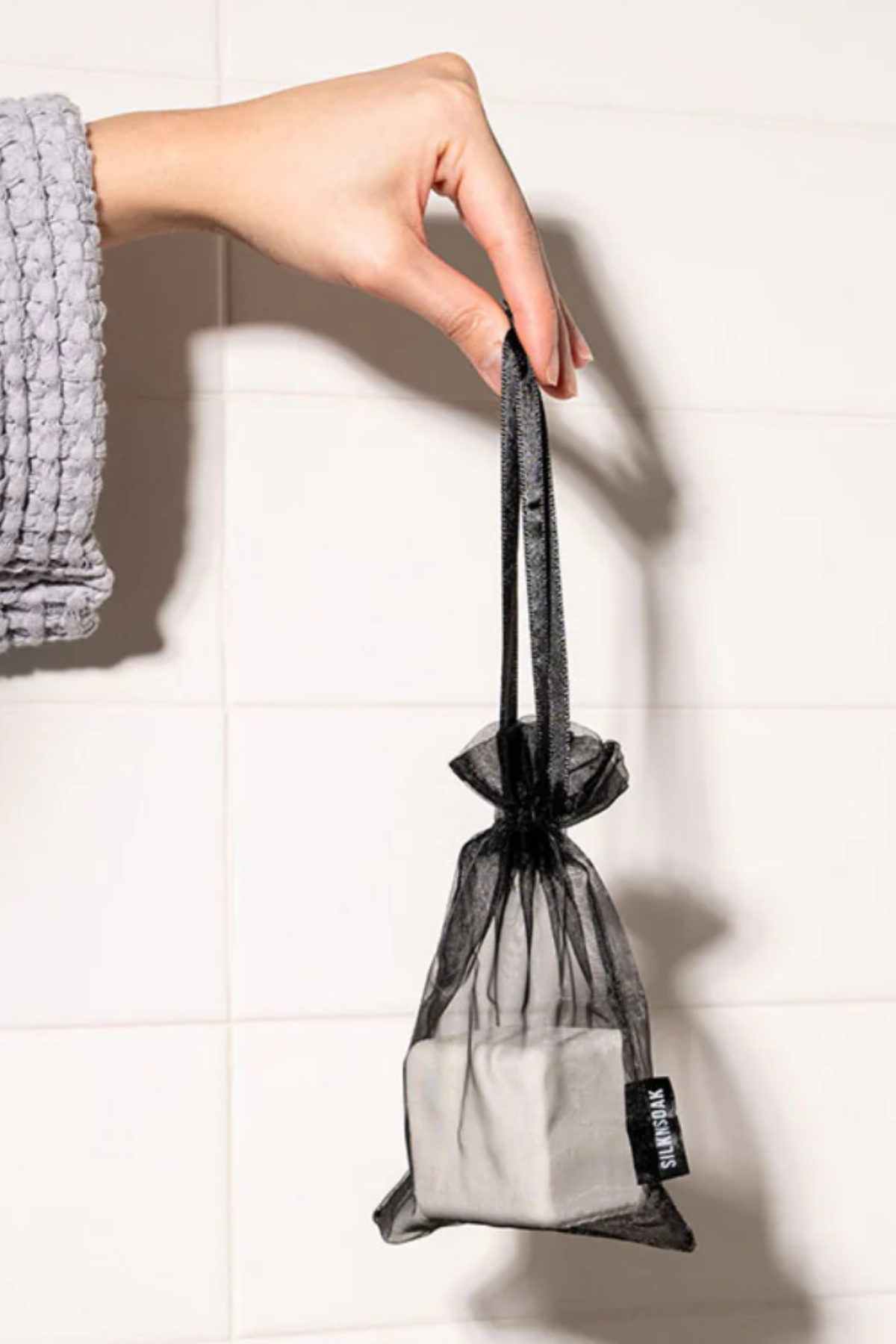


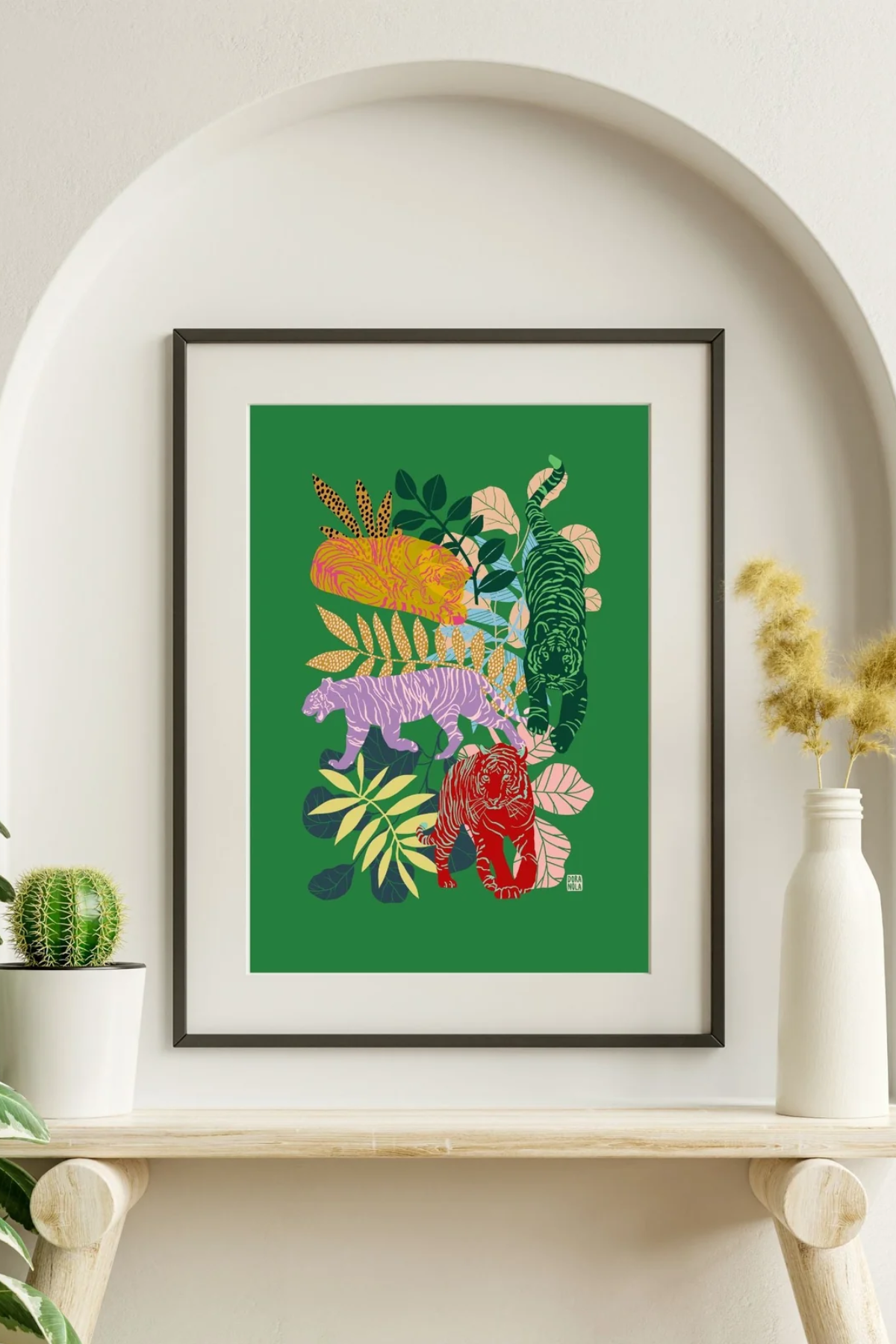


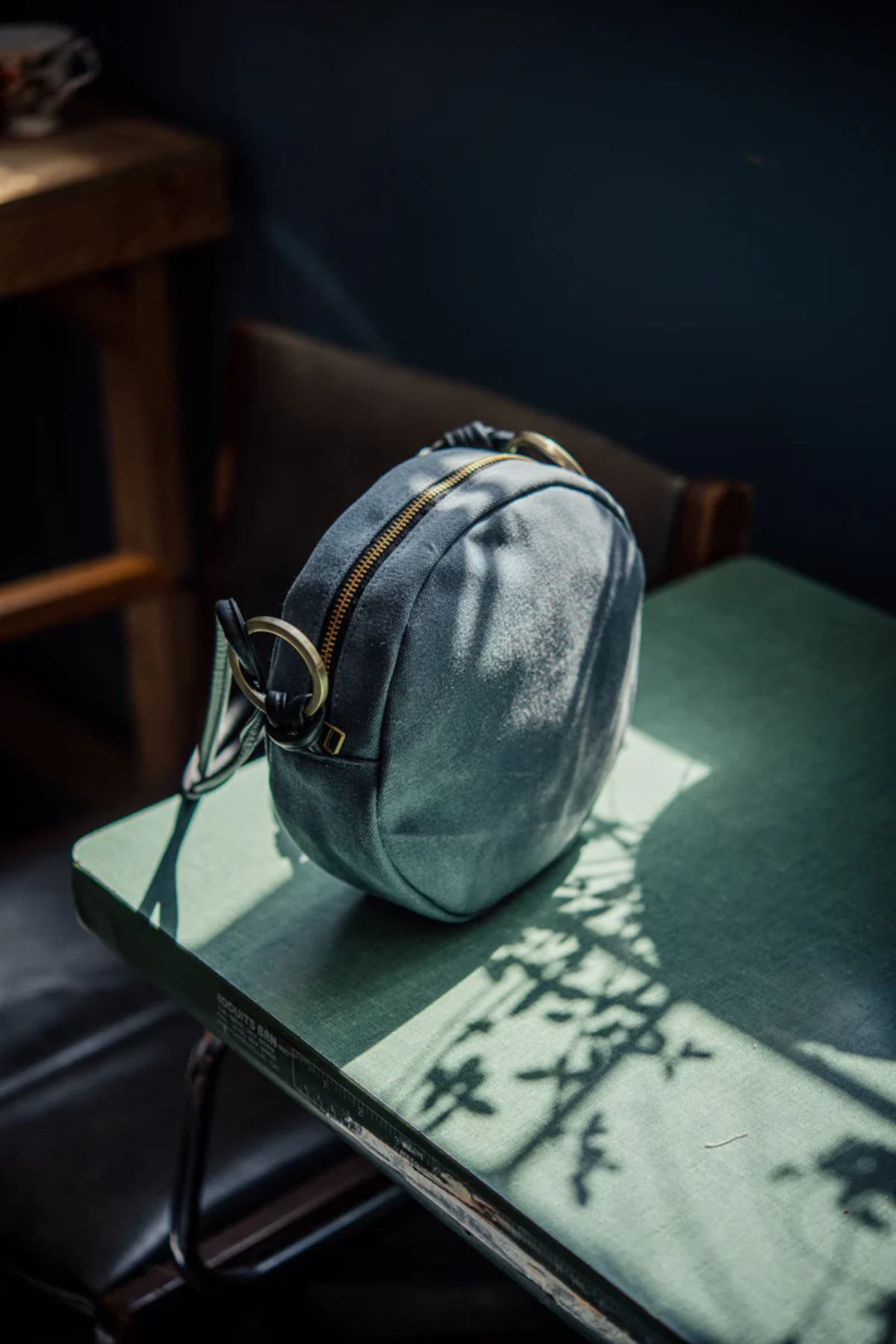


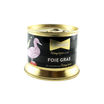
















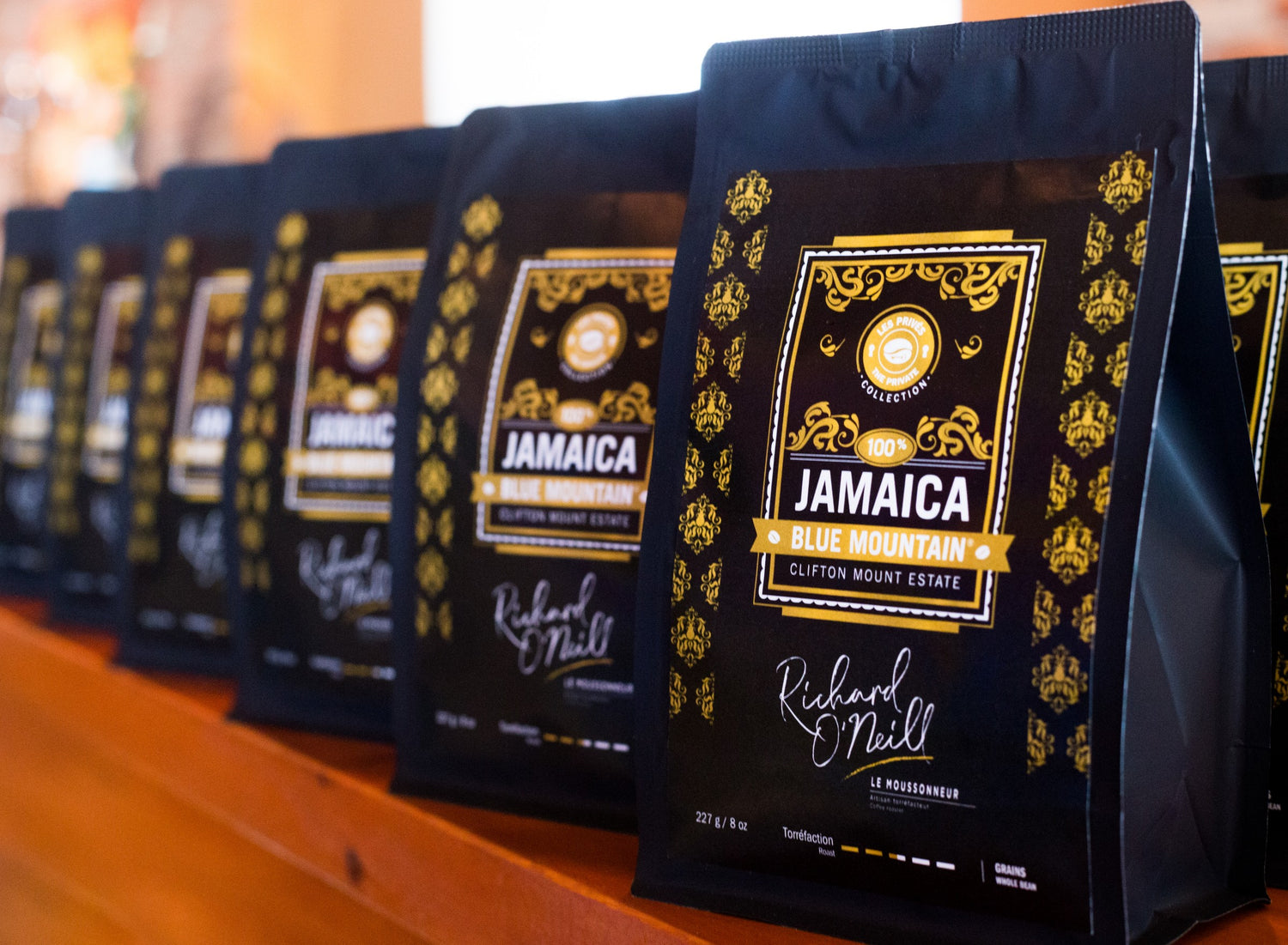


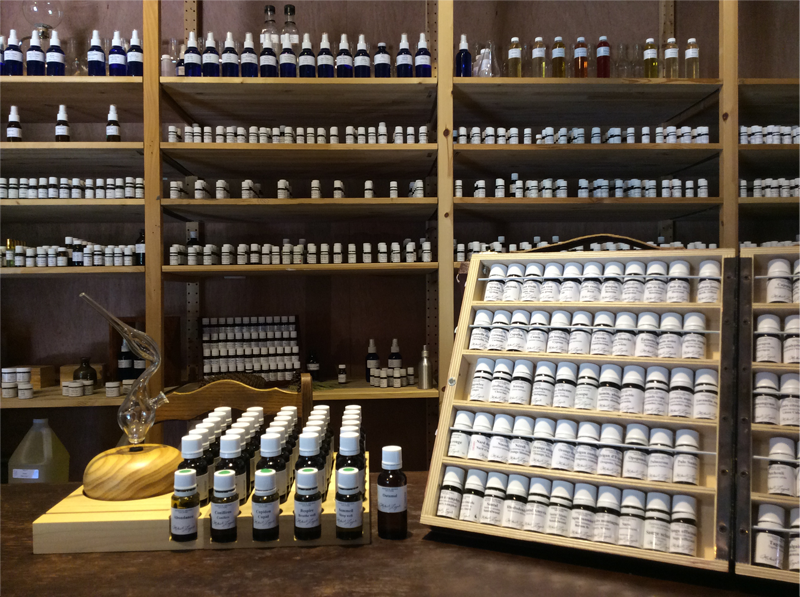
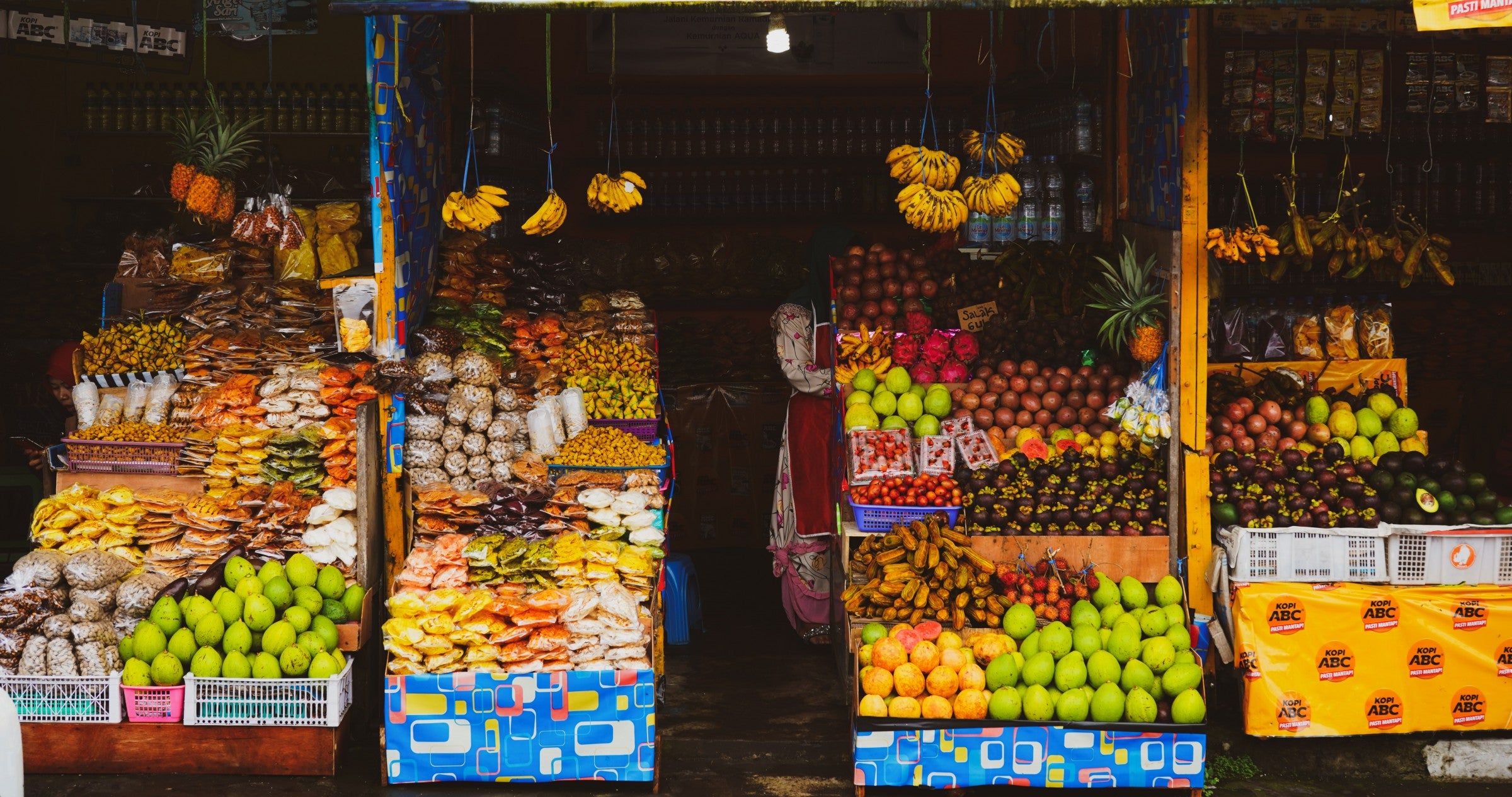
Leave a comment
This site is protected by hCaptcha and the hCaptcha Privacy Policy and Terms of Service apply.